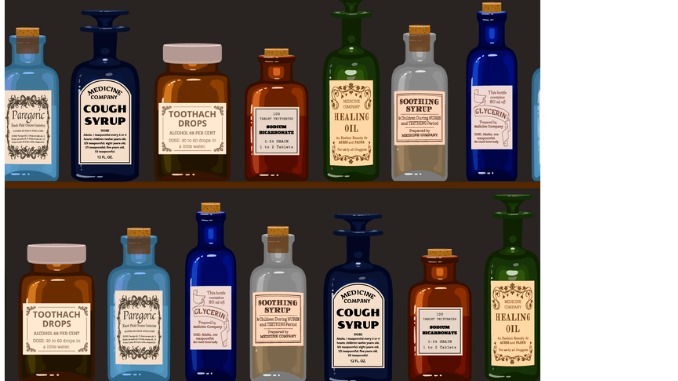
Professor Dame Sue Hill, Chief Scientific Officer for NHS England, contemplates the enduring impact of healthcare science in shaping the NHS to confront new challenges
CREDIT: This is an edited version of an article that originally appeared on NHS England
Healthcare science is key to the evolution of the NHS through time, from past to the present and the future. It moves the NHS forward by finding solutions to health challenges in disruptive and innovative ways, creating shifts in healthcare delivery and outcomes. This can be seen throughout the history of the NHS until present day.
Prior to the 1940s common infectious diseases such as polio, influenza and whooping cough were the leading cause of death. The science-enabled creation of antibiotics and vaccines, dramatically reduced and improved outcomes for these diseases.
The NHS formed in 1948, in recognition that post World War II the health system needed to reform and adapt, introducing everyone’s right to free healthcare at the point of need.
Developments in adaptive technological solutions to support those with complex physical needs, such as prosthetics and wheelchair adaptations and other devices have led to significant improvements for patients. This, coupled with the introduction of technical standards, the evolution of the professional body and the establishment of accredited training programmes, paved the way to ensure that clinical engineers could deliver evidence-based interventions meaning that people with complex needs can live more independent lives.
In the 1950s another shift came with the discovery of DNA by Francis Crick, James Watson and Rosalind Franklin. DNA is our genetic blueprint for life and this discovery paved the way for further scientific development to understand our DNA. This involved interpreting its relationship with health and, coupled with developing new genomic technologies and improving in the way we store and analyse data, has enabled faster and more accurate genetic diagnosis, targeted treatments, and a move towards predictive and preventative medicine.
Now, the NHS offers 800,000 genomic tests a year and covers more than 3200 rare diseases and over 200 cancers. DNA technology has also revolutionised infectious disease detection and monitoring of treatment for patients with infections such as HIV.
There have been many other advances in neuroscience, reproductive science, cell therapies, other areas of physiological sciences, in medical physics, in novel radiotherapy solutions and in high throughput and highly automated pathology services such as those in haematology and biochemistry since the start of the NHS. These pioneering shifts, navigated by healthcare scientists have provided the foundations of what the NHS has become – personalised, predictive, and adaptive to modern challenges.
The enduring legacy of healthcare science in the NHS is one of innovation, progress, and resilience. As we look to the future, let us continue to celebrate and support the dedicated NHS scientists who drive advancements in patient care and shape the healthcare landscape for generations to come. By embracing changes and leveraging healthcare science, practice managers can foster a culture of continuous improvement and ensure the delivery of high-quality healthcare services to their patients.


Be the first to comment